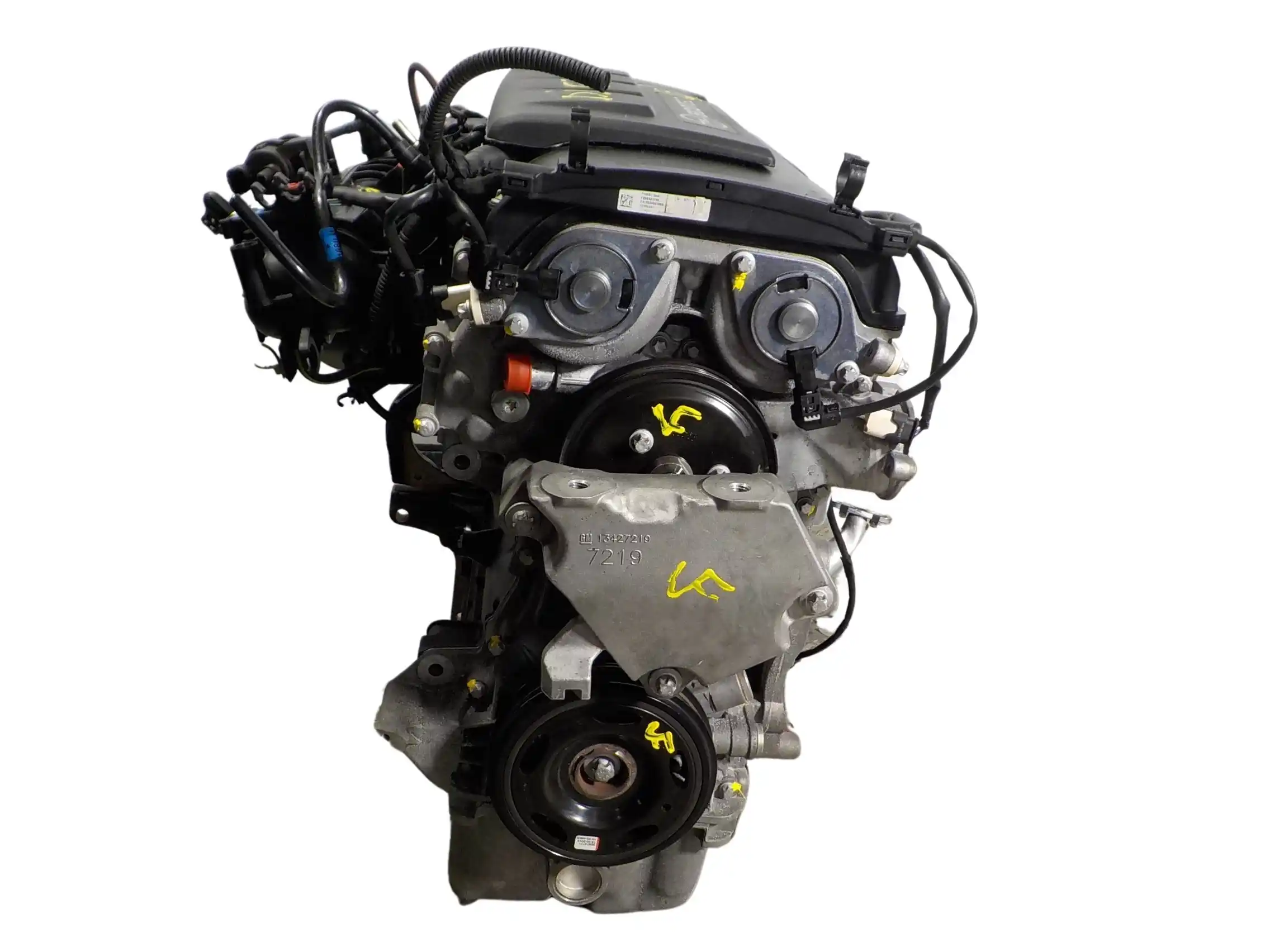Opel Corsa 1.4 Engine Price: Shop High-Quality Car Components for Your Lorry
Opel Corsa 1.4 Engine Price: Shop High-Quality Car Components for Your Lorry
Blog Article
Engine Purchasing Professional Tips on Choosing the Right Engine for Your Certain Requirements
Choosing the best engine for your specific needs includes a complex interaction of elements that go beyond plain horsepower numbers. By delving right into the ins and outs of power versus effectiveness, assessing gas rankings, and budgeting for long-term prices, one can really optimize their engine option.
Power Vs. Effectiveness: Discovering the Equilibrium
When selecting an engine, it is critical to strike a balance between power and performance to meet your specific demands efficiently. Power describes the engine's ability to generate energy for propulsion, figuring out factors like velocity, towing capability, and total performance - Opel Corsa 1.4 Engine Price. On the various other hand, performance connects to just how well the engine utilizes fuel to create power, impacting aspects such as gas economy and ecological kindness
Achieving the best equilibrium in between power and efficiency is necessary because an engine that is too powerful might eat excessive fuel, causing greater operating expense and unnecessary stress on the atmosphere. Alternatively, an engine that prioritizes efficiency over power may lead to slow-moving efficiency, specifically in demanding situations like hauling hefty loads or driving uphill.
To make a notified decision, think about aspects such as your regular driving problems, the intended use the vehicle, and your personal preferences. By assessing your demands and concerns, you can choose an engine that strikes the best equilibrium in between power and effectiveness, making sure optimum efficiency while lessening ecological effect and operating expenses.
Comprehending Engine Size and Type
To further refine the selection procedure of an engine that strikes the optimum equilibrium between power and effectiveness, it is necessary to look into the intricacies of understanding engine dimension and kind. Engine size describes the total quantity of air and gas that can be pushed through the engine cylinders. It is commonly gauged in litres or cubic centimeters. Larger engine sizes generally cause even more power outcome yet can likewise cause reduced fuel performance. On the various other hand, smaller engine dimensions are commonly a lot more fuel-efficient but might compromise some power.
Usual engine types include inline engines, V engines, and rotating engines, each with its unique advantages and downsides. Understanding the interplay in between engine dimension and type is crucial in picking an engine that aligns with your particular demands and priorities, whether it be power, effectiveness, or an equilibrium of both.

Consider Your Car's Requirements
Considering your lorry's requirements is a fundamental action in the engine selection procedure to make sure ideal performance and capability. It is vital to evaluate aspects such as the intended usage of the car, its weight, lugging capability, and fuel effectiveness needs. If you are looking for an engine for a heavy-duty truck that will certainly be made use of for towing, you will need an effective engine with high torque capabilities. On the other hand, if you are choosing an engine for a portable vehicle mostly made use of for city commuting, fuel effectiveness may be an extra critical factor to take into consideration.
If you frequently drive in mountainous or hilly locations, a robust engine with good climbing up power will certainly be required. By aligning the engine requirements with your automobile's requirements, you can ensure that your lorry operates efficiently and fulfills your efficiency expectations.
Assessing Gas Effectiveness Ratings
Assessing gas efficiency ratings is a critical element of selecting the appropriate engine for your car, guaranteeing price financial savings and environmental sustainability. Gas efficiency scores, generally gauged in miles per gallon (MPG) for gas engines or kilowatt-hours per 100 miles (kWh/100 miles) for electrical engines, suggest just how far a lorry can a fantastic read travel on a specific amount of gas or power. Higher MPG or reduced kWh/100 miles worths represent a lot more efficient engines, equating to reduced fuel prices and lower carbon discharges.
Additionally, compare different engine choices within the exact same automobile course to recognize the most affordable selection. Variables such as engine size, weight, aerodynamics, and crossbreed or electrical capabilities can all affect gas performance.
Budgeting for Long-Term Costs
Strategically preparing for long-term expenses is critical when picking an engine, ensuring financial sustainability more information over the vehicle's lifespan. While the first acquisition rate of an engine is a substantial variable, it is critical to take into consideration the lasting expenses related to maintenance, repairs, and fuel consumption. Opting for an extra fuel-efficient engine might have a greater in advance price yet can cause significant financial savings with time. Normal upkeep, such as oil adjustments, filter replacements, and tune-ups, is important to keep the engine running efficiently and effectively, decreasing the risk of pricey repair services down the line.
Furthermore, looking into the availability and cost of substitute parts for the selected engine is important in spending plan preparation. By carefully budgeting for these long-lasting costs and factoring them into the decision-making process, people can choose an engine that not just satisfies their instant demands yet additionally continues to be cost-effective throughout its lifespan.
Conclusion
In conclusion, selecting the right engine for your specific needs requires stabilizing power and performance, recognizing engine dimension and kind, considering your automobile's demands, examining fuel effectiveness ratings, and budgeting for long-term costs. By carefully taking into consideration these variables, you can make certain that you pick an engine that satisfies your requirements and provides optimum efficiency for your automobile.
To even more refine the option process of an engine that strikes the optimum balance in between power and effectiveness, it is vital to delve right into the look at these guys complexities of recognizing engine size and kind. Engine dimension refers to the total quantity of air and fuel that can be pressed through the engine cyndrical tubes. Common engine kinds include inline engines, V engines, and rotating engines, each with its distinct benefits and drawbacks. Recognizing the interplay in between engine size and kind is vital in choosing an engine that aligns with your certain needs and concerns, whether it be power, efficiency, or a balance of both.

Report this page